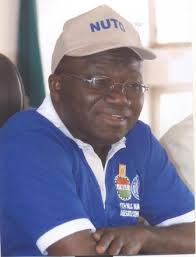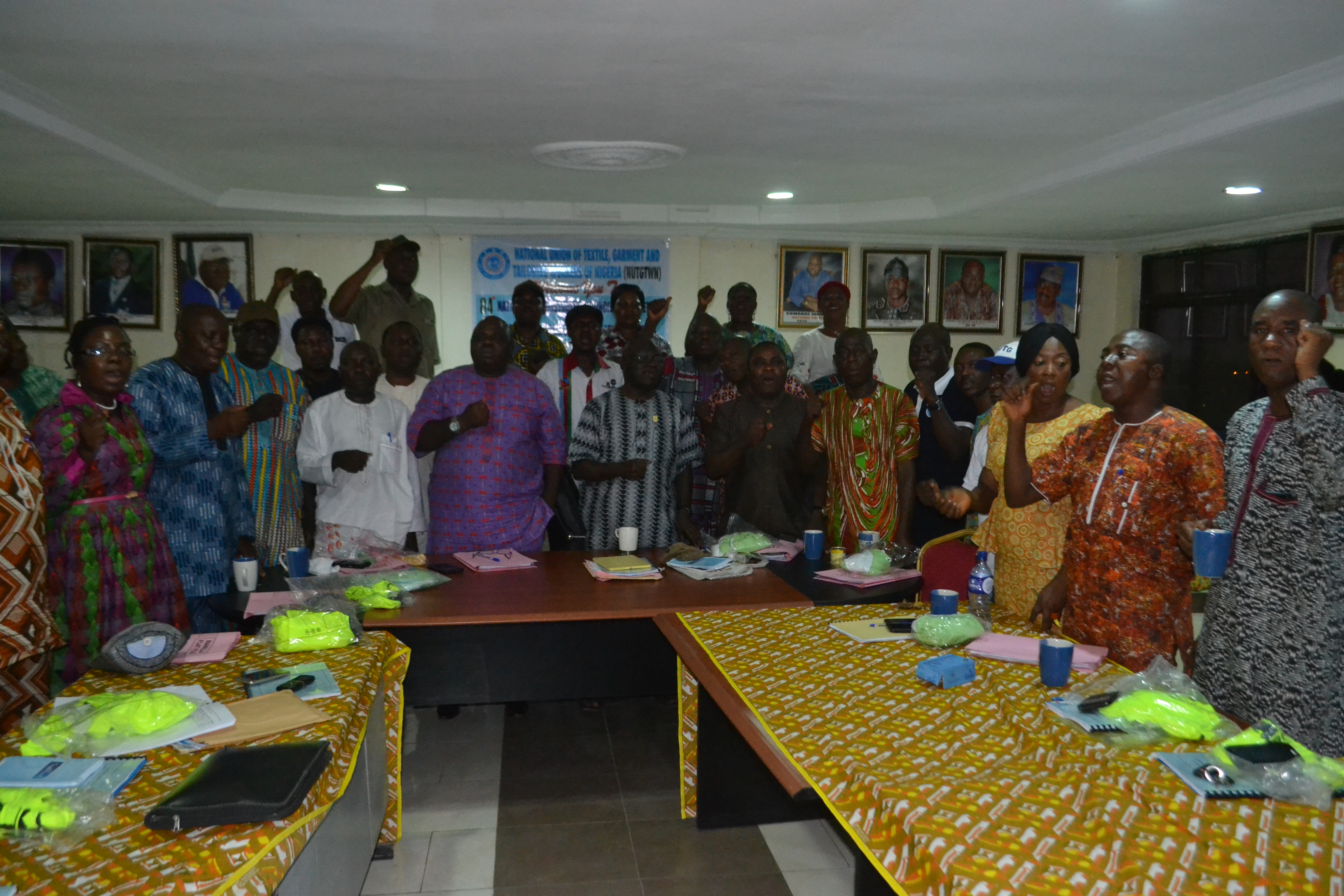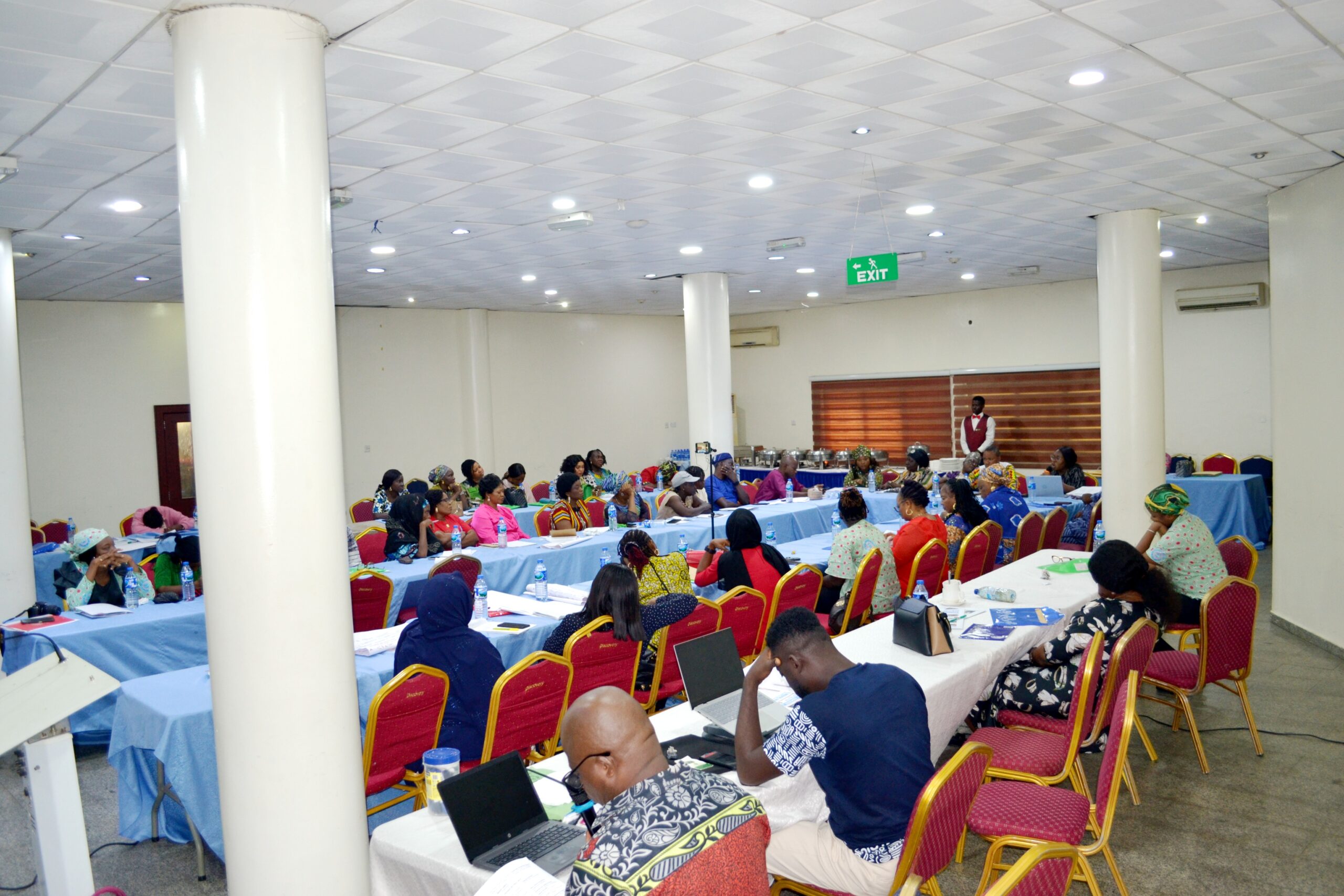
Last Friday’s Editorial of Daily trust (July 22, 2016) on the danger of refusal of many federal ministries, departments and agencies of government to remit presumably deducted pension funds as and when due was commendable and timely. But is anybody reading or listening? Never before have Nigerian workers been faced with crisis of compensation, manifesting in delayed and non-payment of salaries at work and non-payment of pension after work.
Not few workers have fallen ill and even died on account of denial of payment of salaries or pension. Often it is the non-payment of the existing salaries that capture the imagination. What then about the pensioners? Pensioners in Nigeria truly constitute the new non-working poor whose gratuities and terminal benefits and pensions are either denied or paid to no one even when they are already dead. The point cannot be overstated; Every working man and woman, including President and governors must get fatigue one day. Hence the need to prepare for the proverbial raining days by setting aside some funds that will at least meet the subsistence needs of the aged workers.
With the collapse of the extended family support and traditional values of historic care and concern for the aged especially since the beginning of notorious structural adjustment, every active and young worker today can only ignore the issue of pension scheme at the instance of his/her survival after work. Pension is therefore a legitimate right of workers. It is a deferred payment, which both the workers and employers must set aside so that workers at old age will not be living on some charity as if they are destitute. The bane of old public sector pension lies in its non-contributory character. Precisely, because it was non-contributory, public servants were not required to contribute any financial sum into the schemes making it unsustainable and open to the abuse of open corruption of the recent times.
Over ten years ago, the Federal Government enacted the Pension Reform Act, PRA 2004 which commendably transformed pension system into a contributory scheme.
In 2014, arising out of a comprehensive review of the implementation of the reform Act, the PRA 2014 repealed the 2004 Act, and signed into law by the then President Goodluck Jonathan on 1 July, 2014. The Pension Reform Act 2014 re-enacted the fundamental provisions of the repealed PRA 2004, which include the establishment of the Contributory Pension Scheme, uniform standards for pension administration as well as the National Pension Commission as the sole regulator and supervisor of pension matters in Nigeria.
Significantly new developments were introduced by the PRA 2014 such as the upward review of the minimum rate of pension contribution from 15 to 18 percent of total pay of the workers and new sanctions and penalties against infractions of the provisions of the Act. Furthermore, the PRA 2014 introduced a provision that allows contributors seeking to own their primary homes, to apply part of their Retirement Savings Account balances as equity contribution for residential mortgage, subject to the Guidelines issued by the Commission. Prior to the enactment of the PRA 2014, several states in the Federation, had adopted the CPS and were at various stages of implementation. Success of CPS depends on remittance of the deducted pension funds by employers of labour in both the public and private sectors. It is therefore worrisome that according to the Pension Fund Operators Association of Nigeria’s 2016 Annual Report, “the Federal MDAs have since October 2015 been failing to remit the mandatory pension contributions of most of their workers into their Retirement Savings Account (RSAs) as provided for in the Contributory Pension Scheme under the Pension Reform Act of 2014”. This development has adversely affected the accrued rights of employees of the ministries “who are not under the parastatals but are being paid by the National Pension Commission (PENCOM) with funds provided by the Central Bank of Nigeria (CBN)”. It is unacceptable that the remittances from the Federal Government through the PENCOM were last received for September 2015. Some states even reportedly “have outstanding remittances dating back over two years”. The main strength of Pension Reform Act (PRA) 2004 is that every person who worked in either the Public or Private sectors of the Federation as well as the Federal Capital Territory receives his/her retirement benefits as and when due. Section 15 of the PRA 2004 empowers the Commission to regulate, supervise and ensure effective administration of pension matters in Nigeria. In line with its mandate, the Commission has commendably sought to establish uniform set of rules, regulations and standards for the administration and payments of retirement benefits to retirees. In addition, the Commission prepared and released the Regulation on the Administration of Retirement and Terminal Benefits which served as the basis for RSA holders to commence retirement under the CPS in July 2007. Pension watchers have been impressed that in recent times, contributors had continued to retire seamlessly compared to the old non-contributory scheme. Indeed some hundreds of thousands of pensioners are reportedly receiving their monthly pensions by programmed withdrawal through their various Pension Fund Administrators (PFAs). Similarly, the Commission collaborated with the National Insurance Commission (NAICOM) to issue the Regulation on Annuity in 2010, thus allowing RSA holders to retire by annuity through the purchase of annuity contracts from Life Insurance Companies. Presently, there are 8,479 retirees who are receiving their monthly pensions through annuity.
All this positive development in pension fund administration is being undermined by illegal and unacceptable non- remittance of the pension funds. Its time the budget and Finance offices at Federal and states level addressed this dangerous development that tends to undermine the contributory pension scheme and even raises the spectre of delayed payments of the old discredited schemes with all the attendant implications for the worsening plight of the pensioners.
Issa Aremu, mni

General Secretary








